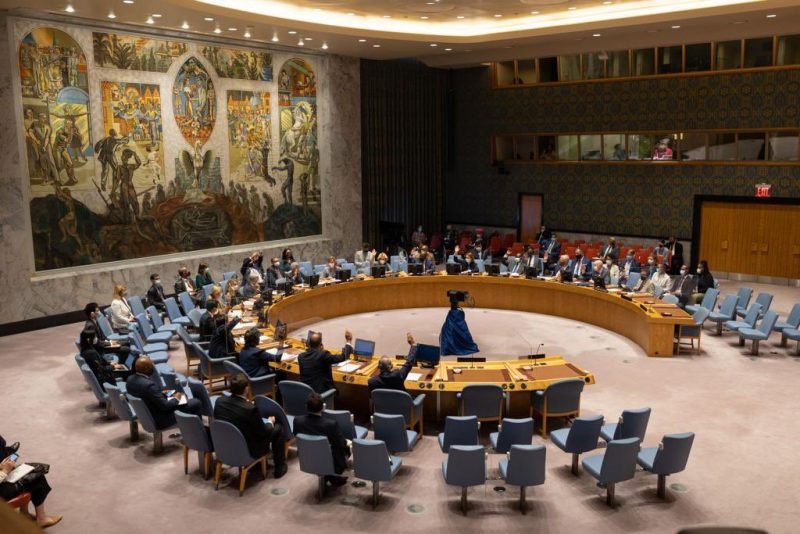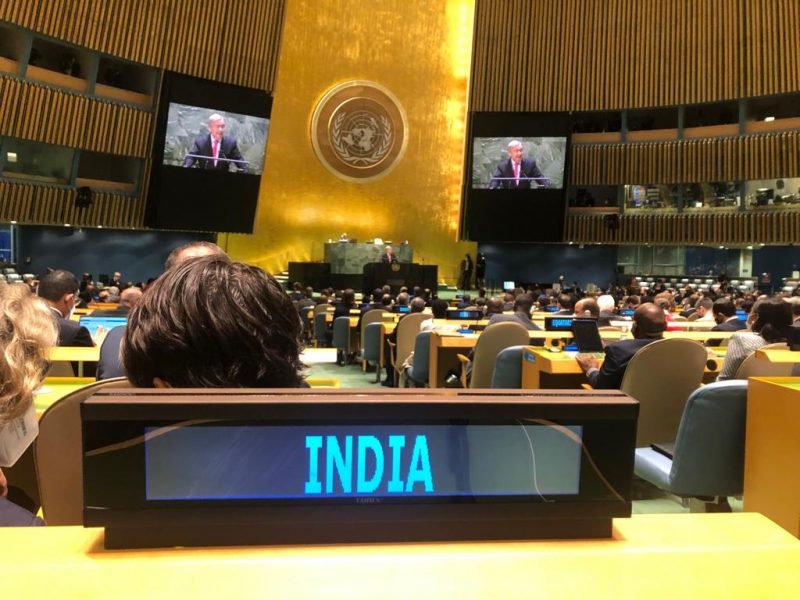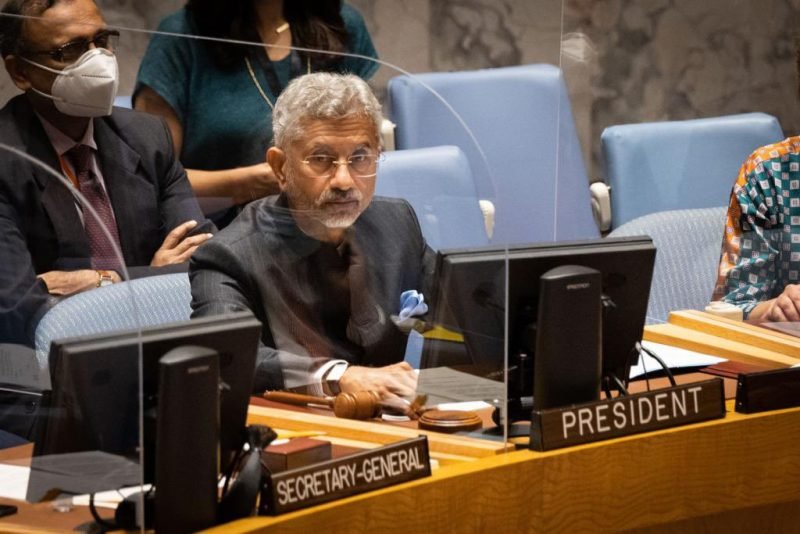Why India should become a Permanent Member of UNSC?

The international system witnessed several paradigm shifts, since the formation of the United Nations Organization (UNO) in 1945 as a global governing institution to establish peace and security in the post- Second World War period. The decolonization, emergence of the third world, arms-race, end of cold-war, the disintegration of Soviet Union, end of bipolarity, regional integration, the rise of new powers, globalization, and the emergence of non-state violent actors, climate change, human rights violations and refugee crisis raised questions on the functioning of United Nations. The UNSC does not represent the geostrategic realities of the current global order. There is a lack of representation from African and Latin American regions and underrepresentation from the Asian region.
India, after 75 years of independence, emerged as one of the major powers in global politics. India has taken the lead in calling for New International Economic Order (NIEO) by reforming the international organizations. India, as a leading global power, has called for reforms like inclusivity, representation, and democratisation of international institutions like the UNSC, IMF, WB, WTO etc. At times of challenges, India has been at the forefront in raising its voice for cooperation and shared responsibilities. The strongest voice for the reform lies in India’s permanent membership to the United Nations Security Council. India is demanding permanent membership in UNSC through its multilateral diplomacy by forming organizations like IBSA (India-Brazil-South Africa) and G4 Nations (Brazil-Germany-India-Japan). Ever since PM Modi took office, India has been rigorously pursuing a permanent member with veto power to the UNSC.

India’s demand for permanent membership in the UNSC should be granted because India shares a long historic relationship with the UN and its contemporary role in the global arena. India’s contribution to the international community is undeniable. India also adheres to the principle of Panchsheel whose relevance is timeless. The principle of Panchsheel is based on Mutual respect for sovereignty, non-aggression, non-interference, equality and peaceful coexistence. These principles can be highly significant to UN Charter to work towards peace and security in cooperation. Panchsheel can provide the basis for non-violence and non-interference and can lead to peaceful coexistence.
India’s commitment to disarmament and non-violence can be a significant contribution to the UN. India also stood to uphold non-discriminatory and transparent working in international organisations. India has time and again reiterated its stand as a responsible nuclear weapons state and its deterrence to no first use and non-use against non-nuclear states. India has often criticised the discriminatory and undemocratic nature of the NPT (Non-proliferation treaty).

India has been an active participant in international events and treaties like UN peacekeeping mission, development goals, sustainable development, climate change and anti-terrorism. India has provided more than 200,000 officers to UN peacekeeping missions. India is also contributed to the UN in fighting against global challenges such as terrorism, climate change, energy security, refugee crisis, pandemics and restructuring the existing international economic world order.
However, the UN Charter failed to provide the criteria to become a permanent member of the UN Security Council. India’s shift from non-alignment to multi-alignment shows that India can maintain good parallel relations with all major and minor powers in the international system. India’s membership can be demanded based on its economic growth, size, democratization, political stability, the rise of soft-power, nuclear power, military power and its emergence as a rising power in the South Asian region.
A permanent membership to India in UNSC will ensure representation of the developing and underdeveloped world. India can also significantly contribute to the misuse of veto power and represent the interest of not only India but also the underdeveloped countries and makes United Nations a more democratic global governing institute.



















